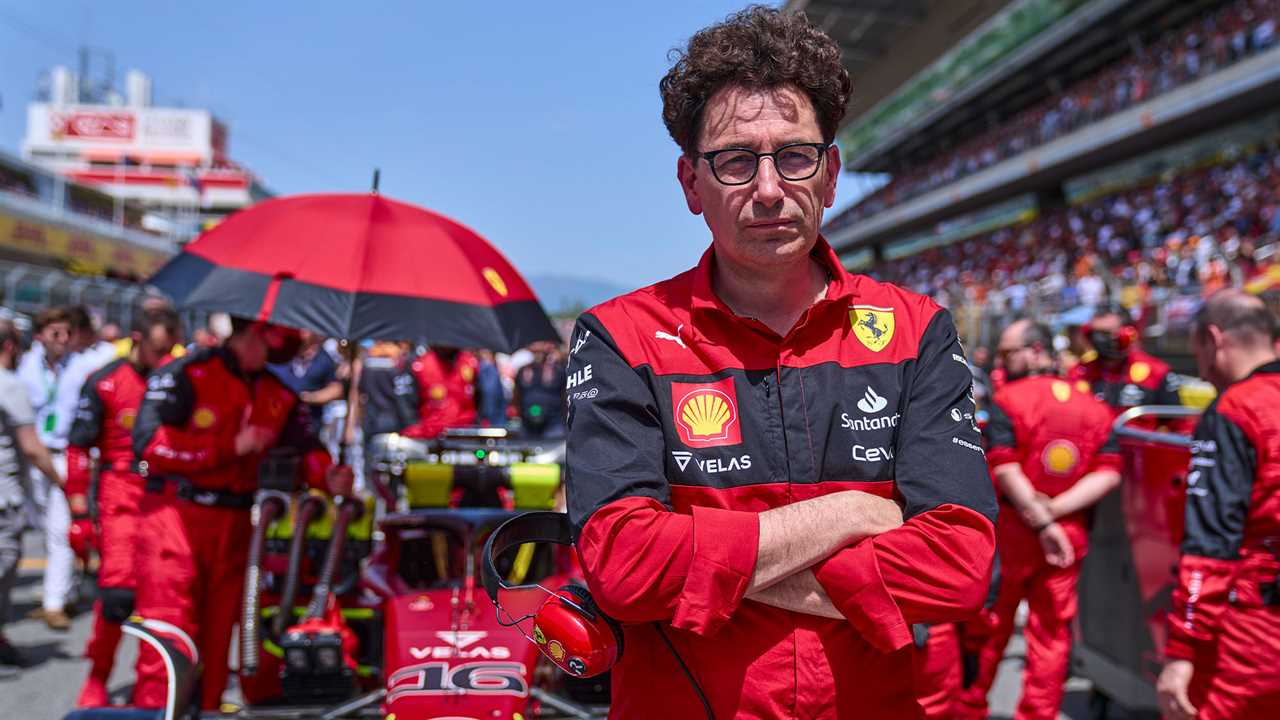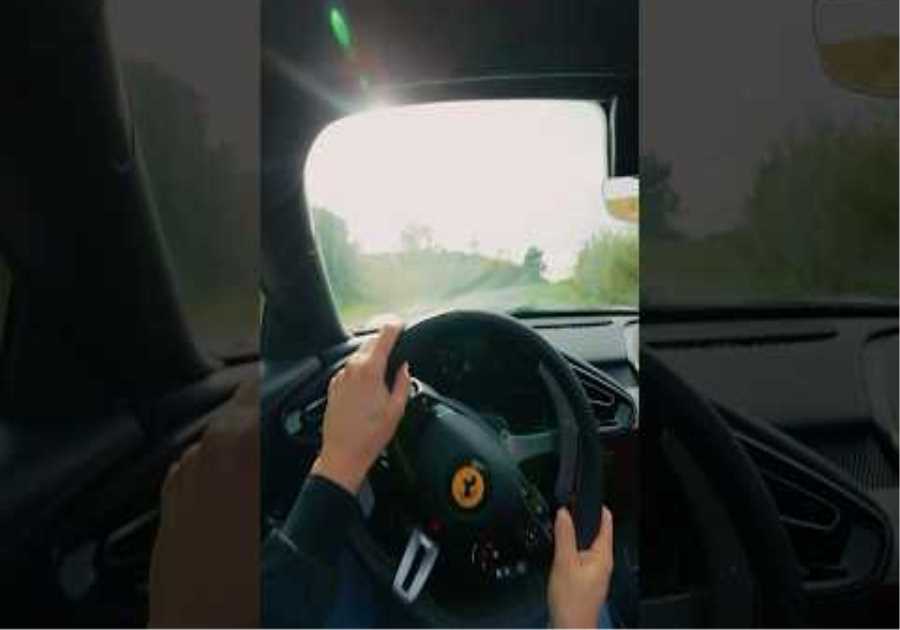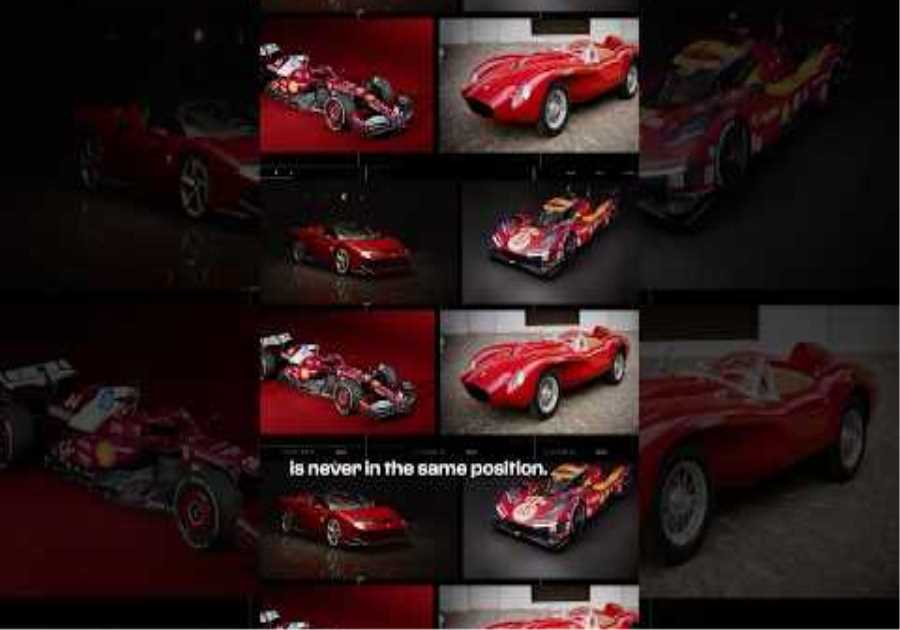
Into this Monza weekend there seems to be a steady but building feeling within the Italian media questioning whether Mattia Binotto should retain his position as team boss of Scuderia Ferrari.
This is off the back of the collapsed title bid despite a car almost enough to have started from pole nine times. Questionable strategies and poor reliability from Ferrari have helped Red Bull and Max Verstappen to a seemingly impregnable lead in their respective championships.
But just because the buck ultimately stops with the boss doesn’t mean the answer is to fire him. It’s ultimately his responsibility to fix the problems, but it should be seen in its correct context of a work in progress. Firing good people in reaction to problems was the old way of doing things at Ferrari and proved disastrous. Throwing everything up in the air and starting again from scratch is very rarely as effective as retaining stability and working with the people to understand and eradicate the problems, especially when very clear progress has been made elsewhere.
Ferrari’s issues this year have come from fighting at the front after years in the midfield – much similar to the Schumacher / Brawn / Todt era
Marc de Mattia / DPPI
Binotto has overseen the creation of F1’s fastest car from a team which for years has struggled to do that. He’d briefly managed to do this as a technical director in 2017/18 after over a decade of never being at the cutting edge, always half-a-step behind the pace-setters, whether that was McLaren, Brawn or Red Bull. Creating the fast car is by far the most difficult part and he’s now twice led the team into doing exactly that, first as a technical boss and now as the overall boss. It’s been done what’s more, with real creativity, by following its own technical path quite different to that prevailing elsewhere. That is gold dust and something which for years, post the Brawn/Todt era which had been assumed to be beyond the team’s capabilities.
Binotto has done this by building up the people already there, creating the environment in which they didn’t fear the consequences of failure. Prior to his promotion to team principal, there had been a clash between the environment he had created in the technical department and the old-school Ferrari run by fear in the racing department. His appointment as team boss resolved that. Yes, the race team still clearly has problems, but the way of eliminating them will be the same as it was in the technical department: stability over a number of years, protecting the people doing the work, identifying the root of the problem and attacking that as a group rather than the person.






